Sensory Processing Disorder
What is Sensory Processing Disorder?
Sensory processing is how we perceive sensations. Our bodies and brains use specialized systems to register the information in our environment and piece it together to create a picture of what is happening around us. Sensory processing is closely linked to sensory integration. Sensory integration is how we receive information through our senses, categorize it, and use it to participate in daily activities. An example of sensory integration is smelling food as you bring it to your mouth, tasting and feeling the texture of it, determining what it is and if you would like more.
What are the Senses?
Did you know every person has seven senses? Most people are familiar with only five, but we have seven sensory systems. These senses include:
- Sight
- Hearing
- Smell
- Taste
- Touch
- Vestibular (movement)
- Proprioception (body position): This is the system that tells our body parts where they are in relation to each other, and how much force to use for everyday activities, such as cracking an egg without crushing it.
Children with sensory processing disorders have trouble interpreting the signals being picked up by their sensory systems. A child can be hyposensitive or hypersensitive, and this determines how they react to sensory input.
Hypersensitive kids may:
- Be less tolerant of very bright lights or loud sounds
- Demonstrate strong aversions to particular items of clothing because it doesn’t feel “right”
- Be apprehensive of unexpected touch and avoid physical contact with even familiar adults
- Bump into objects frequently and appear uncoordinated
Hyposensitive children tend to seek out sensory stimulation and may:
- Be very drawn to touch other people and novel textures, even when it’s not an appropriate place or time
- Lack of understanding and awareness of personal space even when peers the same age do
- Be uncharacteristically fidgety and remain active most of the time even when it’s not an appropriate place or time
Facts to Know About Sensory Processing Disorder
You may feel uncomfortable if your child behaves in atypical way in public or around friends and family. We’ve put together some facts about SPD that you can share with those who may be curious.
- SPD is a complex disorder that affects both developing children and adults.
- One in twenty people in the general population likely have SPD.
- SPD has a set of unique symptoms that are not able to be explained by other known disorders.
Treating SPD
While Sensory Processing Disorder is not an official clinical diagnosis yet, the disorder and the symptoms your child may be experiencing are very real. When you bring your child to Hogg Therapy for SPD treatment, he or she will be observed by an occupational therapist (OT), who will also talk with you about your child’s habits, preferences, and aversions. The treatment most often used is called “sensory integration therapy”, and it addresses the too much or too little stimulation a child is receiving via their senses.
Using equipment in what is known as a “sensory gym”, OTs provide calming pressure for sensory seekers. Since your child will only visit us once or twice weekly, our OTs will work closely with you to come up with a list of activities and therapies you feel comfortable performing at home. This is often referred to as a “sensory diet”, and OTs frequently suggest creating a quiet space for your child with weighted blankets and fidget toys.
The good news is that even though there is currently limited research on the long-term effectiveness of occupational therapy, most children with SPD do learn to manage their symptoms as they grow older and mature. We welcome kids of all ages and abilities at Hogg Therapy and dedicate ourselves to serving them the very best we can. Your child isn’t “broken” or “wrong” if he or she has SPD. In fact, rates of SPD are significantly higher among populations of highly intelligent and gifted children. Every child is special in their own way, and this is one of the basic values we hold at Hogg Therapy.
Contact Us
Do you have questions about your child’s development? We have answers! We offer therapies and services for a variety of disorders, including SPD. Give us a call today at (859) 353-3666 to do a quick phone screening. We also have a free interactive screening tool that we encourage caregivers to use. We have locations in Richmond and Berea, KY, and we are pleased to serve Richmond, Berea, Lexington, Winchester, Irvine, McKee, Annville, Mount Vernon, and Brodhead, KY. We are looking forward to working with you and welcoming you into the Hogg Therapy family.





































































































